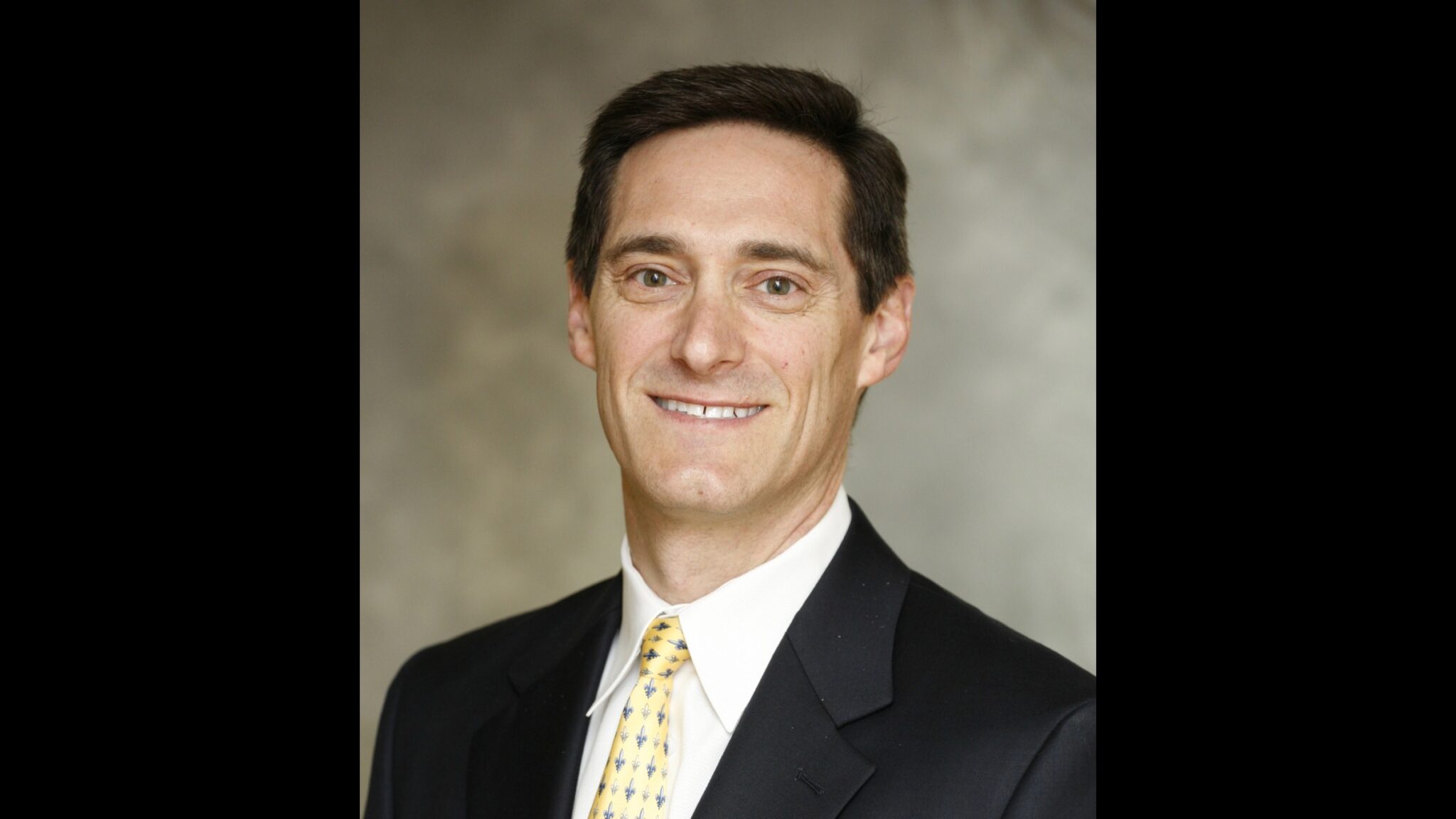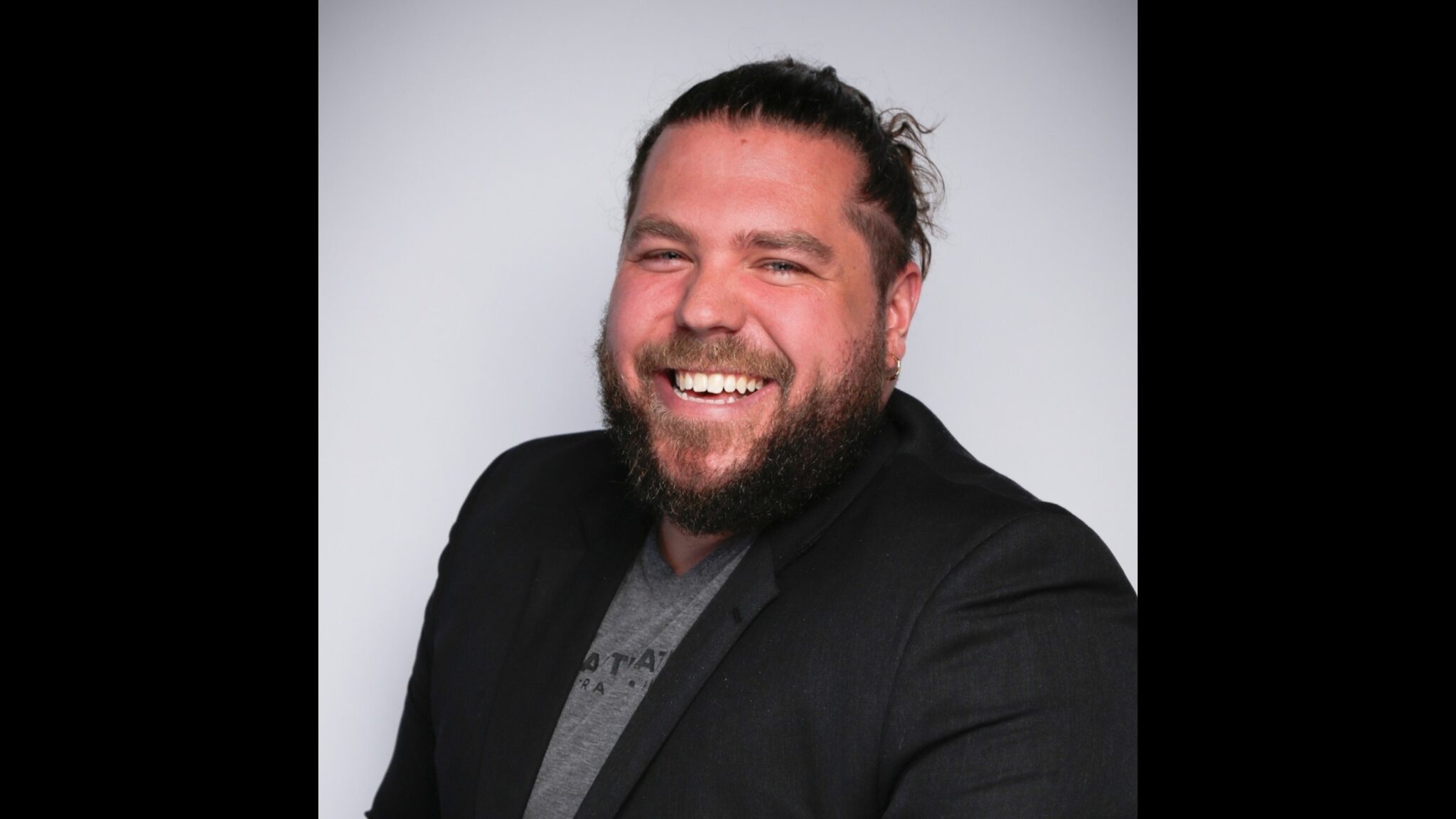
If you look on medical provider directory ZocDoc, you won’t find Dr. Kevin Shrock, even though he trained at Yale, Stanford, and Harvard, and has spent more than 28 years practicing orthopaedic surgery in Florida. That’s because ZocDoc charges providers $80 per referral – even for patients who don’t show up!
Despite being one of the most visible online medical provider directories in some markets, ZocDoc isn’t an exhaustive list. So when it comes to advertising their services online or finding other providers to refer patients to, many doctors are in the dark. As a result, so are most patients.
“We need a directory more like the White Pages – every provider must be listed and their information kept up to date,” Shrock says.
That’s what he has created with WhichDocs, a crowd-sourced database of physicians that helps get a patient to the right medical provider. Giving them a tool that saves time and money while attracting new patients incentivize providers to keep their online information updated.
On Nov. 29, Shrock hosted a webinar for Founders Network where he discussed his path to launching a business based on information gaps he’s experienced after working in the medical field since 1994.
From Frustration to Startup Idea
Shrock came up with the idea for WhichDocs after working as an orthopaedic surgeon in Florida for over 25 years.
“I became progressively more frustrated with the challenge in trying to refer patients to other physicians,” Shrock says. “I don’t know what insurances other providers accept or their availability. Even the information on insurance payor websites is awful.”
Shrock is clearly onto something, because after he came up and developed the idea for medical provider directory WhichDocs, the federal government now wants to create a similar central data hub for providers.
Last month, the Centers for Medicare and Medicaid Services put out a request for public input on the creation of the first national directory of health care providers and services. According to an analysis by the Council for Affordable Quality Healthcare, a national medical provider directory would save the average physician practice nearly $5,000 each year.
“I know what the problem is as I’ve lived it and know what’s been missing,” Shrock says. “CMS doesn’t yet know what the problems are, nor the solutions we have figured out in 5 years of development.”
Changing the Way We Review Doctors
When you look up a physician on a medical provider directory like Healthgrades, WebMD, or ZocDoc, you can sift through dozens of subjective reviews written by patients. They range from insightful to five shades of irrelevant.
Some review the mood of the administrative staff. Some review the temperature of the waiting room. Few are able to reveal the actual quality of doctors. At times, they are more like a Yelp review than an objective perspective about a physician.
Even worse, it’s not hard to alter the rankings.
“It has become a game favoring those willing to pay online reputation management companies to enhance rankings,” Shrock says.
Instead, WhichDocs harnesses the actual referral preferences of physicians to yield objective rankings of physicians by physicians. After all, patients prefer to ask physicians who they recommend. WhichDocs allows them to be sure the selected provider is well regarded by their peers, accepts the patient’s insurance, are located nearby and even if they have same day availability.
Leveraging the Power of Existing Communities
The greatest challenge for a new digital health platform is gaining adoption as doctors are a tough sell. WhichDoc uses program-led growth by partnering with county and state medical societies whose members generate multiple patient referrals daily.
While the basic version is free to all, members of these organizations also receive WhichDocs’ premium features as a membership perk. Moreover, organizations are urged to encourage their members to preferentially refer to other members. This provides a powerful incentive for the specialists who receive those referrals to join and maintain membership to continue receiving referrals.
After all, membership in medical societies rarely exceeds 15%. Many specialists don’t believe that medical associations represent them or their professional interests. However, these organizations remain the only unified voice when it comes to legislative initiatives affecting medicine.
Dr. Shrock is hoping WhichDocs will help move the needle and coax a greater number of physicians to join and participate in organized medicine thereby strengthening their role in the legislative process.
During his webinar, Shrock also discussed:
- Some unique challenges of healthcare startups
- Startup challenges for a non-techie
- Working to fund your startup
- Mentors/Accelerators/Investors
- Crafting a mission from a solution to a daily problem
To learn more about launching a healthtech startup, see if you qualify for membership to join Founders Network.






